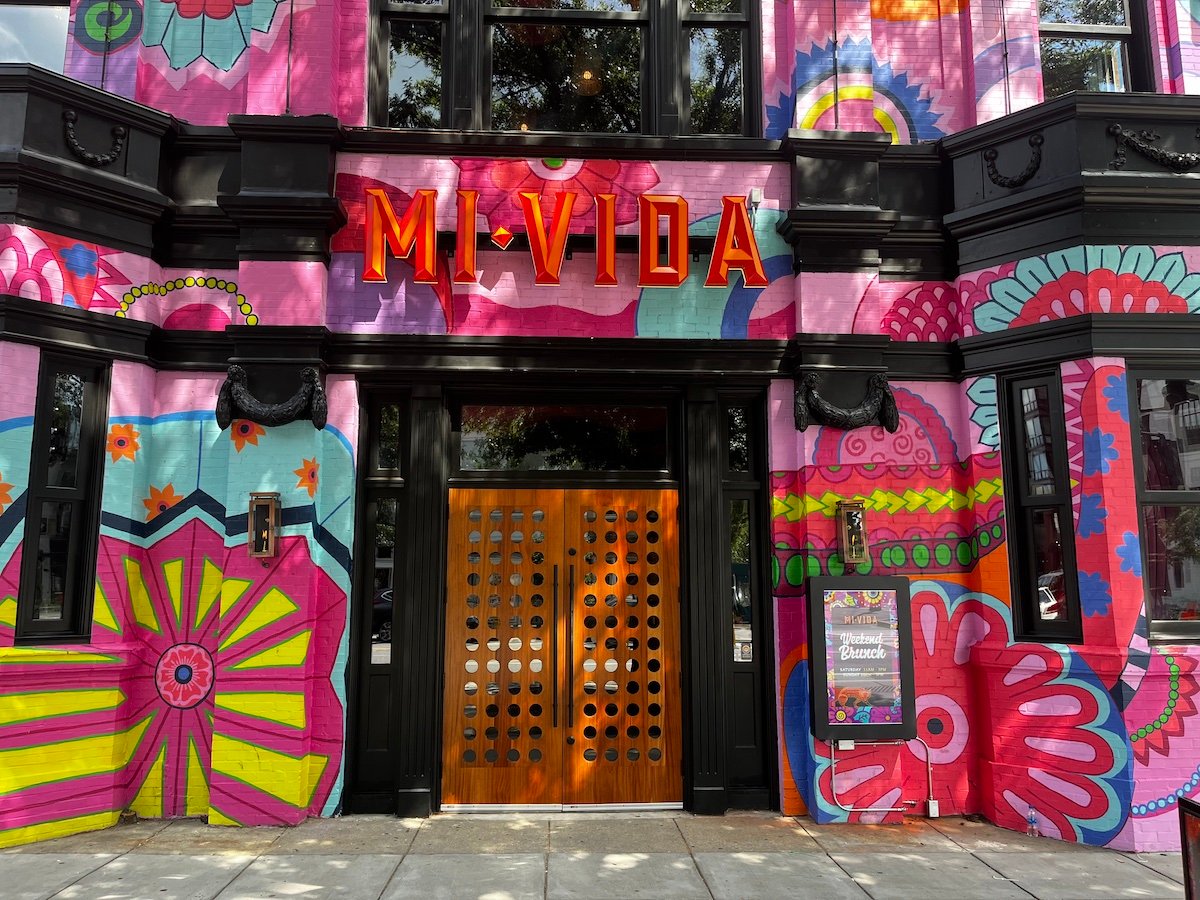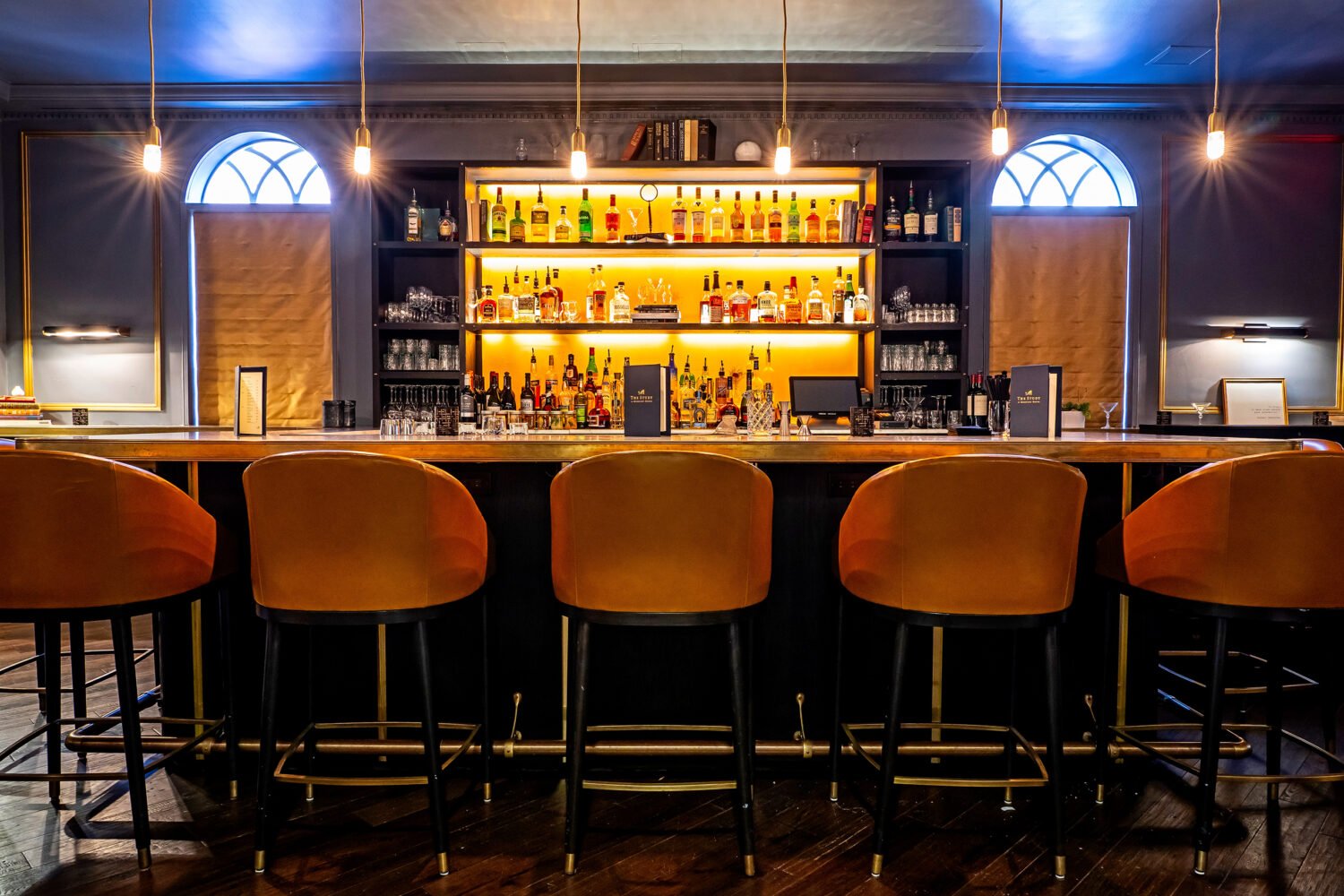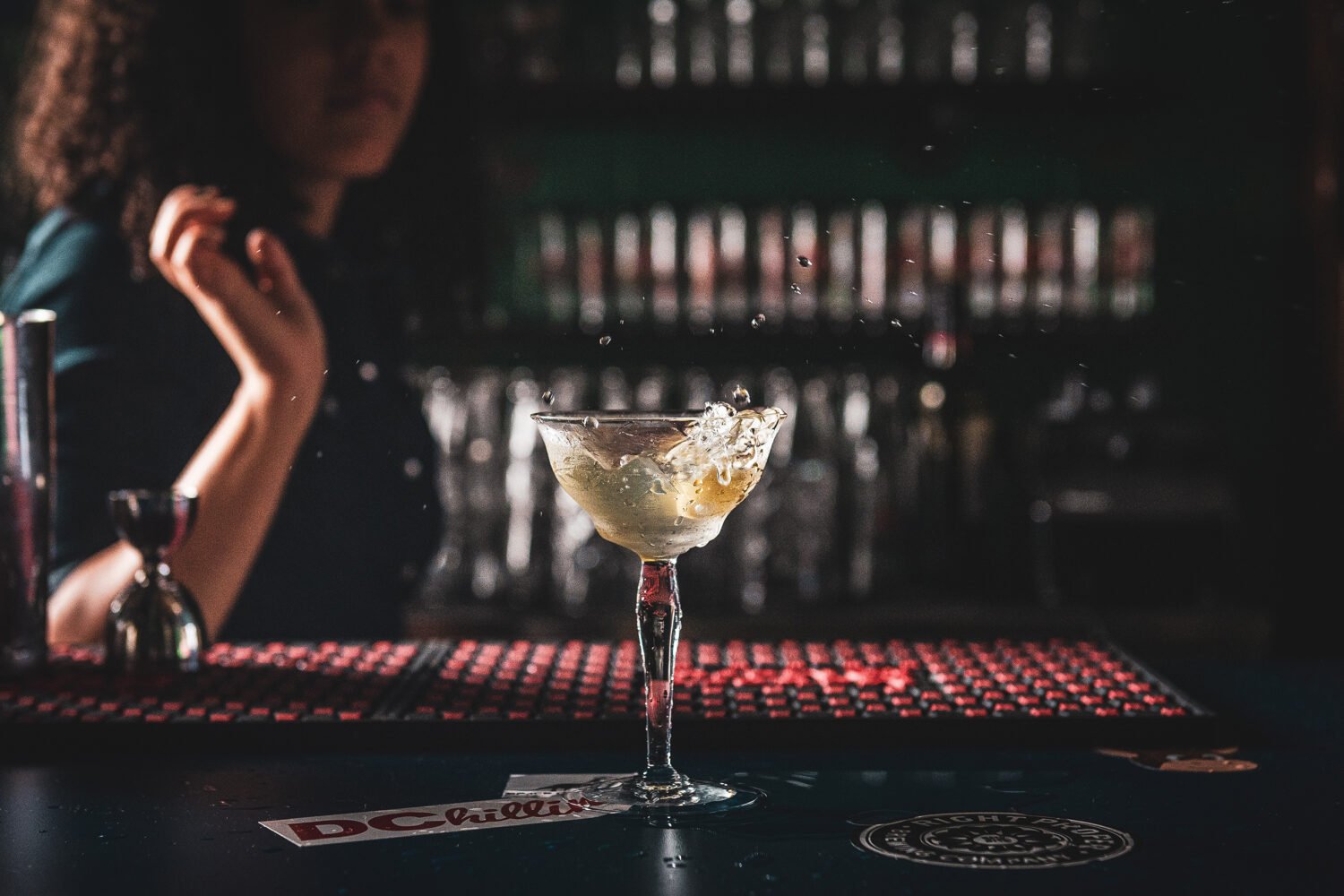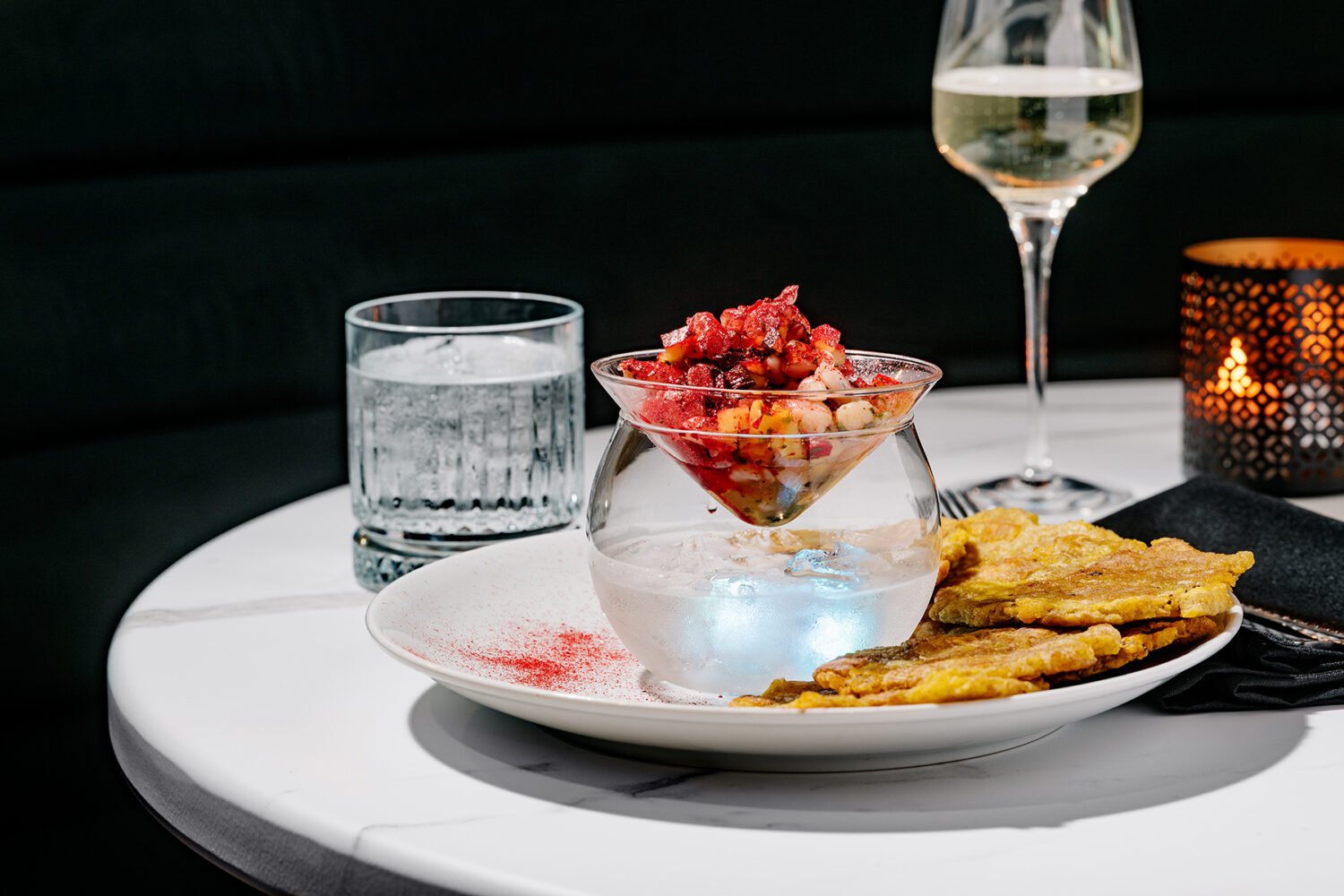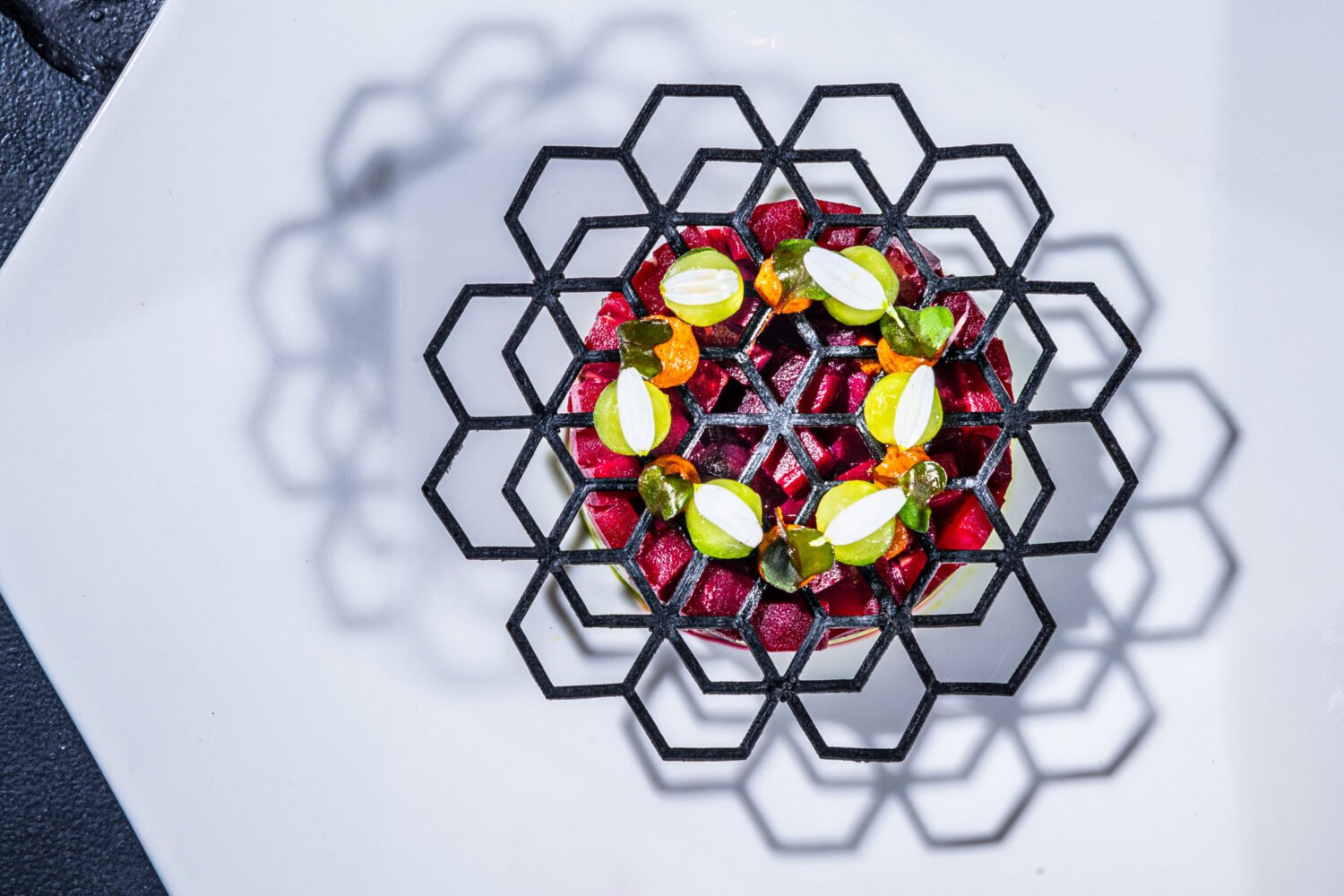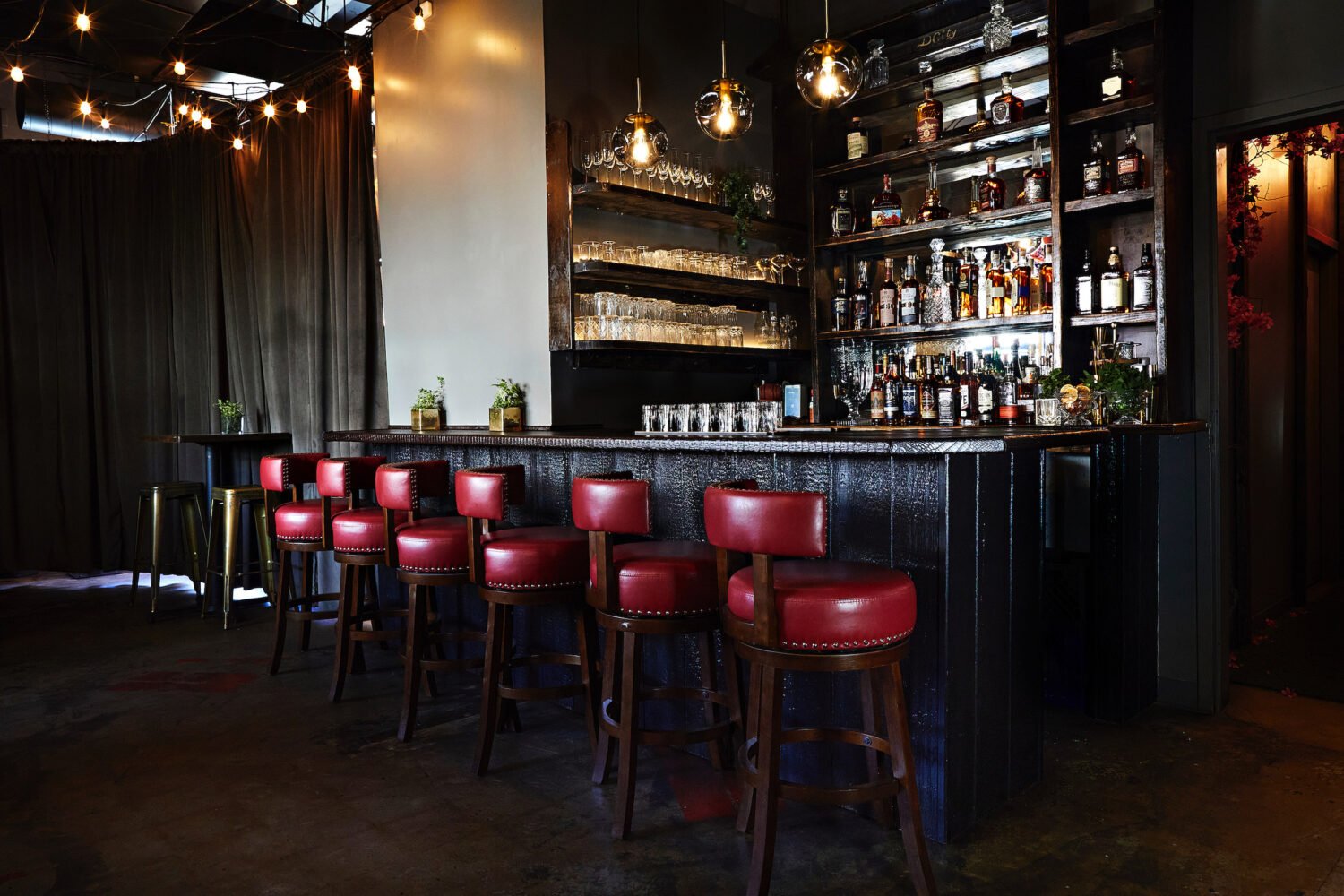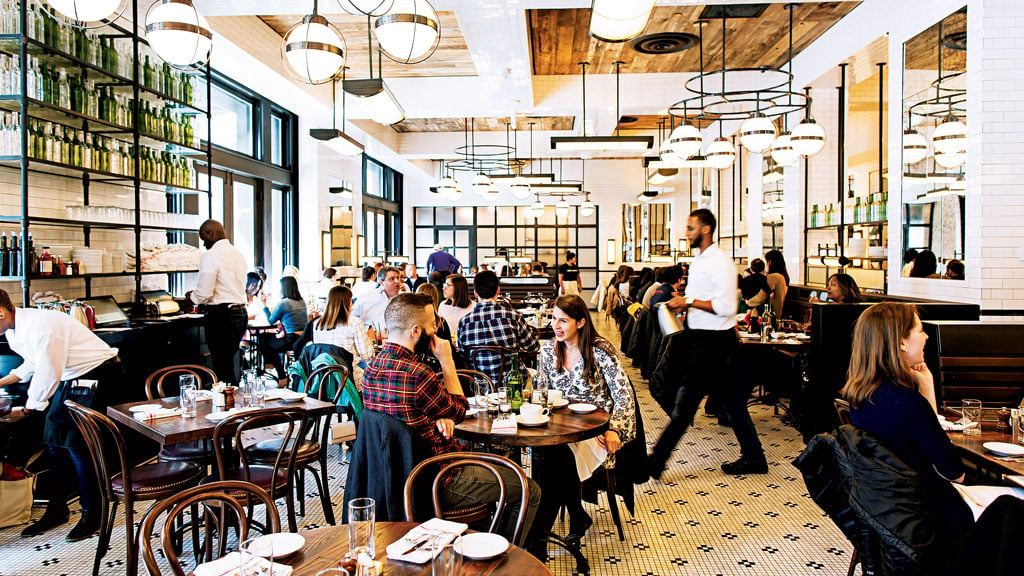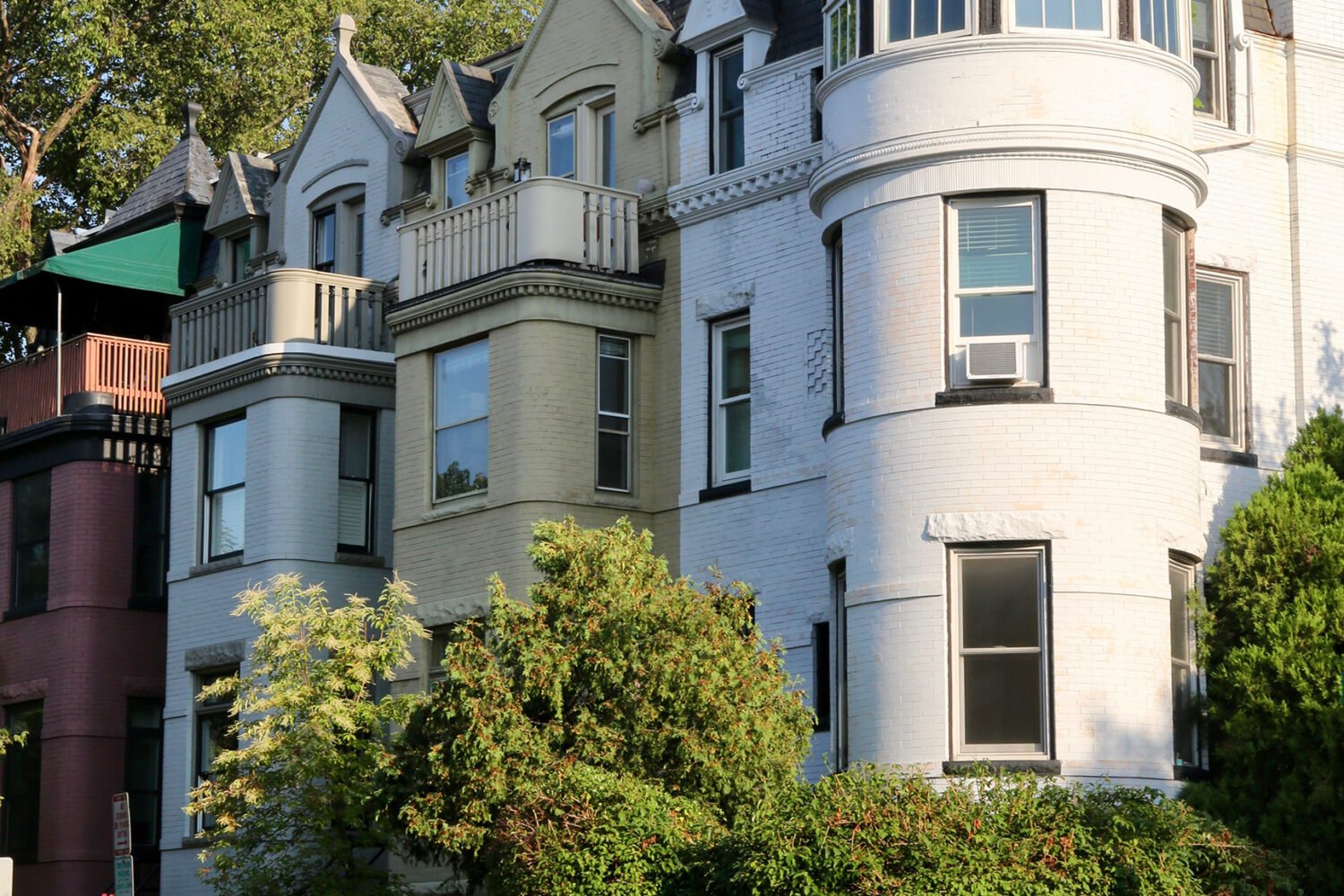A DC non-profit that advocates for travelers has sued Knead Hospitality + Design—the restaurant group behind Mi Vida, Succotash, Gatsby, and others—for allegedly deceptive menu fees. This is the second “junk fee” lawsuit that Travelers United has brought against a local restaurant, after targeting Clyde’s Restaurant Group last fall. In response, Knead Hospitality decided to drop the 3.5 percent “Initiative 82 fee” on the menus of its nine full-service restaurants, effective yesterday. They say they were already looking into getting rid of the fee.
“This fee exists to deceive consumers, not to actually provide any additional service or experience to the guest,” reads the lawsuit, filed January 16 in DC Superior Court. Travelers United, which has previously sued hotels for their fees, accuses Knead Hospitality of “drip pricing”—the advertising practice of promoting a lower price with hidden add-ons. The group claims this violates DC’s consumer protection laws as well as the city’s liquor licensing requirements.
Knead Hospitality introduced the fee last summer with a note on food menus that read: “To offset the impact of DC’s Initiative 82 on independent restaurants, a 3.5% fee has been added to your bill.” Another note added at the bottom of each check elaborated that the fee helps “offset the recent 50% increase in the tipped minimum wage. This fee will be used to help pay our servers, bartenders, and support staff and is not a gratuity.” (Knead’s other full-service restaurants cited in the lawsuit include the Grill, Mi Casa, and Bistro Du Jour.)
“It’s pretty disheartening and disappointing to have this occur when you think you’re doing everything right from a legal perspective,” says Knead Hospitality co-founder Jason Berry, who had not yet been served with the lawsuit and first learned about it from Washingtonian. Berry says the goal of the fee was to be more transparent about the effects of Initiative 82. The new DC law that is phasing out the system that allows businesses to subsidize the base pay of servers, bartenders, and other tipped workers through gratuities.
Last month, Berry says the Office of the Attorney General reached out to Knead Hospitality following consumer complaints it received about its restaurants’ fees. Berry says they provided officials with all of their disclosure materials, and “they completely signed off on everything that we’re doing.”
The Office of the Attorney General declined to comment on Knead Hospitality specifically, but they say they do not provide legal advice to businesses, nor do they “sign off” on fees. Rather, a spokesperson says that when concerns about fees are raised, they open an investigation and often provide guidance about how businesses can properly disclose their fees to comply with the law.
Travelers United counsel Lauren Wolfe takes issue with the way the fee finger-points at Initiative 82. “You can’t just start making up fees and blame it on something that you don’t like,” she says. Plus, she notes, her group represents travelers from outside the DC area who did not vote for Initiative 82 and likely have no idea what it is. “A huge portion of the [DC] economy is based off tourism… I think that this is just a fee to really take advantage of tourists,” Wolfe says.
Berry counters that the fee was disclosed in multiple places, from menu boxes to checks to the website: “Why would anybody want to pull a fast one on tourists when they’re the bread and butter of restaurants? That’s just silly.”
The lawsuit cites a dinner that two members of Travelers United had at Mi Vida’s Wharf location on January 11. They ordered guacamole, two cocktails, two enchilada entrees, coffee, and tea. The bill came to $91, before tax, with a $3.50 fee. The lawsuit argues that the surcharge was easy to miss at the bottom of the crowded menu. Also, it was only listed on the food menu, not on the drink or dessert menus.
“Mi Vida at The Wharf’s motive in continuing this deceptive practice is pure profit,” the complaint reads. The lawsuit alleges Knead Hospitality has “reaped tens of thousands of dollars over the last year from this deceptive drip pricing.”
Berry says the idea that the group is making money off the fee is “insulting” and “very presumptuous.” He says the funds are passed on to the staff in the form of increased base wages. “It’s interesting to me how they could know anything about our profit and loss statement or how much we’ve made over the fee without a subpoena.”
As for not listing the fee on drink or dessert menus, Berry says “maybe we should have.” But he argues while people don’t always look at the drink or dessert menu, they always look at the food menu and “space is limited.” “Do you put it on the kids menu? I don’t know. Do kids need to see it?,” he says.
At the same time, Berry acknowledges that the fee was “not really working the way we had hoped.” He says Knead Hospitality had already been moving toward getting rid of the fee following a series of town hall meetings with its service staff. “Some of our teammates are like, ‘Hey, the guests don’t understand this and it’s affecting our income,” Berry says. Plus, trying to explain the fee to customers also became a “distraction” at times. He and business partner Michael Reginbogin had talked about removing the fee the next time they reprinted their menus, but that timeline moved up because of the lawsuit. “It’s not a battle that’s worth fighting,” Berry says.
Wolfe declined to comment on next steps for the lawsuit, as she had not yet heard from Knead Hospitality about dropping its fees.
Wolfe says Travelers United is targeting “very large restaurant groups that should know better.” It sued Clyde’s Restaurant Group last November with similar accusations about its 3.75 percent “2023 surcharge”—which Wolfe described as a “fee for nothing.” Clyde’s Restaurant Group President John McDonnell argued that the fee was compliant with the DC Attorney General’s guidance on transparency for restaurant fees. Ultimately, Clyde’s dropped its fees, which McDonnell says it had been planning to do anyway. Travelers United subsequently dropped its lawsuit against Clyde’s.
Asked about the Clyde’s lawsuit recently, Restaurant Association Metropolitan Washington CEO Shawn Townsend told Washingtonian, “I don’t like it at all.” He says he felt Clyde’s fee disclosure was in compliance with the Attorney General’s transparency guidelines. “I’m hoping that [Travelers United] will consider giving the industry some time to implement Initiative 82, to find some clarity, through legislation,” he says.
Wolfe disputes the idea that restaurants shouldn’t be targeted because they’re trying their best to navigate new regulations and rising costs. “If they wanted to try their best to figure it out, they could have hired a lawyer to look over the menu,” she says. “Places like McDonald’s and Cheesecake Factory who definitely have lawyers looking over their menu are not trying this.”
Since announcing its lawsuit against Clyde’s, Wolfe says Travelers United has been inundated with messages from consumers asking them to look into other restaurants. While Wolfe isn’t personally into Reddit, she says she’s started following the discussion about service fees on the platform and she’s used a Reddit-crowdsourced spreadsheet tracking restaurants with fees as a resource.
Perhaps in a warning shot to other restaurants, the lawsuit against Knead Hospitality also cites several other restaurants that Travelers United alleges have “similar deceptive fees,” including Bindaas, Nara-Ya, and Proper 21. “These function as restaurant resort fees, a total junk fee where the consumer gets nothing other than a deceptive advertised price,” the complaint reads.
Wolfe says to expect more lawsuits against DC restaurants to come: “These restaurants can take down the deceptive fees, or the fees are going to be used to pay for lawyers.”
This story has been updated with comment from the Office of the Attorney General.

